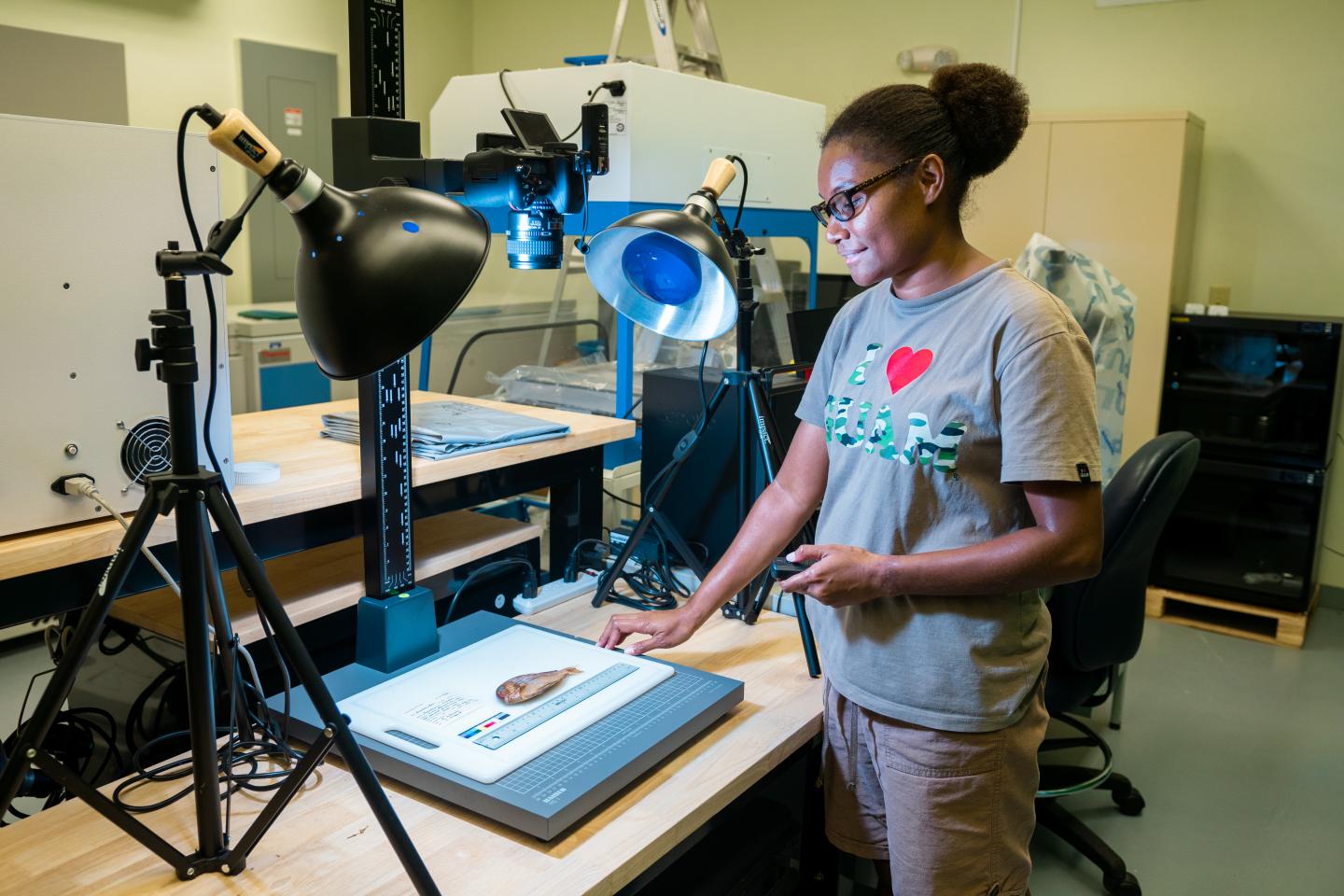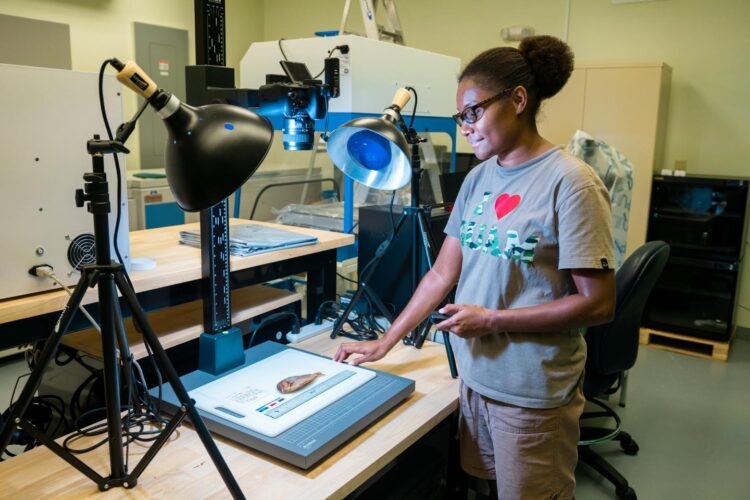
Credit: University of Guam
The University of Guam has been awarded $20 million to expand its research capabilities on coral reef survival in rapidly changing environmental conditions. The five-year grant is from the National Science Foundation’s Established Program to Stimulate Competitive Research, more commonly referred to as EPSCoR, and will considerably expand upon work undertaken during the previous five-year, $6 million Guam EPSCoR grant project, the Guam Ecosystems Collaboratorium.
“This is a major grant award which not only validates and expands on the research work of Guam EPSCoR, our Marine Laboratory, and our partners, but it also further establishes the University of Guam as an emergent research institution in the Pacific region,” said UOG President Thomas W. Krise.
Starting July 1, the new grant project — titled the Guam Ecosystems Collaboratorium for Corals and Oceans, or GECCO — will increase the collection, documentation, integration, and analyses of complex genetic and oceanographic data from reefs within the region. These research activities are necessary to understand the evolutionary and ecological processes that drive resilience in coral reefs under stress from climate change and other factors and could provide valuable insight into the development of viable management strategies.
Dr. Terry J. Donaldson, professor of ichthyology at the UOG Marine Laboratory and the principal investigator and project director, said the need for modern, cutting-edge studies on reef ecosystems is urgent.
“Island communities of the Western Pacific and all around the world depend on coral reef ecosystems, but the reefs are struggling to survive amid our rapidly changing climate,” he said. “Guam has the nation’s most diverse and complex coral reefs, so the UOG Marine Lab is the best place to do this research and inform how we can better protect this vital ecosystem.”
The research team, led by Dr. Bastian Bentlage, assistant professor of bioinformatics at the Marine Lab, will collect and analyze genetic, genomic, oceanographic, and ecological data sets. New collections of marine biodiversity from the region will be curated, imaged, and mapped, and specimens — including cryo-preserved tissues for genomics research — stored in the UOG Biorepository along with historical collections dating back more than 50 years. Specimens and field collection data will be digitized and posted in the biorepository’s online-accessible database that was established during the Guam Ecosystems Collaboratorium, providing the scientific community with an invaluable resource for marine biodiversity research.
Mathematical models will use the data gathered to better predict changes in our reef ecosystems. To facilitate this ambitious research project, UOG’s ability to conduct big-data analyses will be expanded by establishing a high-performance computing cluster on its campus and by strengthening its collaborative network with other research institutions.
The new grant will utilize cutting-edge instrumentation and innovative techniques, including:
- hyperspectral scanning to automate mapping of reef communities;
- DNA barcoding to facilitate identification of reef organisms, including coral microbiomes, and their role in the stress response of coral reefs;
- seascape genomics, integrating genomics, and oceanographic modeling to trace connectivity between coral reefs within the region; and
- micro-CT scanning techniques within the Biorepository to further the understanding of the morphology of marine organisms on reefs and promote a greater understanding of their taxonomic diversity.
“Coral reefs in the Marianas Archipelago are some of the most diverse ecosystems in the world, and Guam represents the United States’ only foothold in the region. This award provides researchers the opportunity to explore these coral reef systems and understand current biodiversity challenges concerning how they respond to climate change,” said NSF EPSCoR Program Manager John-David Swanson. “In addition to improving infrastructure in the jurisdiction, this project aims to target underserved communities and develop innovative programs for STEM education and workforce development.”
The grant will grow UOG’s research capacity by funding new and visiting faculty positions and post-doctoral fellowships to conduct research, teach specialized courses at the university, and engage graduate and undergraduate students in research.
Beyond research, the GECCO project will develop innovative STEM education and community engagement programs — an effort that will led by Dr. Austin Shelton, assistant professor of extension and outreach — and collaborations within the national and international research communities, an effort that will be led by Dr. Rachael Leon Guerrero, vice provost for research and sponsored programs.
###
Media Contact
Jonas Macapinlac
[email protected]
Original Source
https:/





